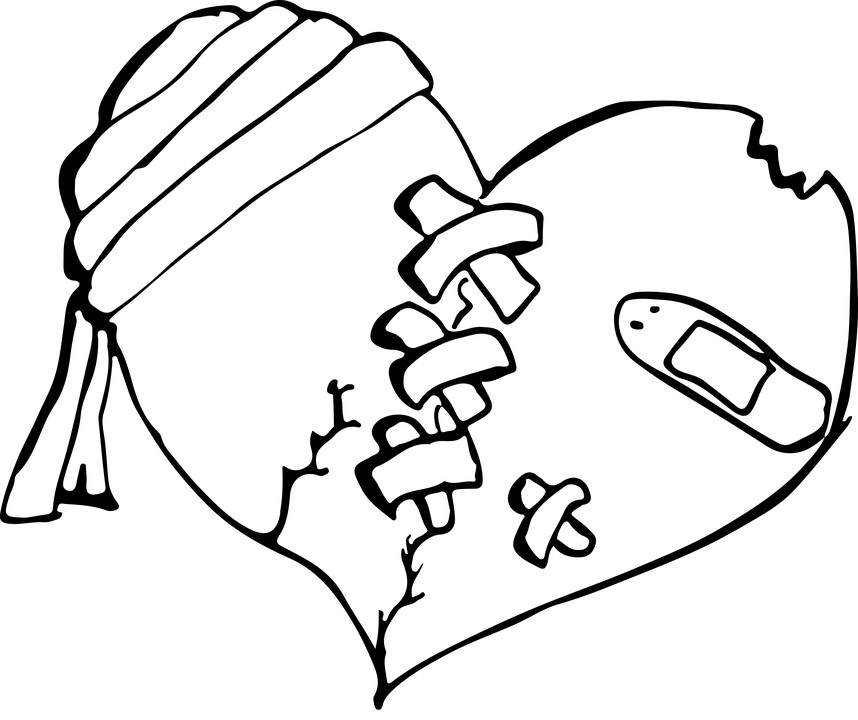Note: All Colloquia are presented in the language in which they are/have been held.
For detailed descriptions of past Colloquia, please click on the respective title.
Online-Kolloquium Nr. 78: Quantentheorie und Bewusstsein
Die Welle-Teilchen Dualität der Quantenphysik und die Subjekt-Objekt-Dualität der Bewusstseinsphilosophie: Interdisziplinäre Isomorphien und Inspirationen
Im Zusammenhang mit meiner Habilitationsarbeit hatte ich das Privileg einige Jahre lang intensiv recherchieren und nachdenken zu können, und zwar zum Thema Bewusstsein und Quantenphysik.
In diesem Kolloquium will ich versuchen mit-zu-teilen, was mir aktuell als das wichtigste und wertvollste Ergebnis dieses arbeitsreichen Vergnügens auf der intellektuellen Ebene erscheint:
Online Kolloquium Nr. 77: AUFHÖREN. HINHÖREN. Trauer und Gesellschaft
AUFHÖREN. HINHÖREN. Wie wir uns als Gesellschaft mit lebendiger Trauer aus erstickender Traurigkeit und veralteten Formen lösen?
Trauer ist ein öffentliches Gefühl: im stillen Kämmerchen lässt sich zwar unentdeckt, aber letztlich unwirksam traurig sein. So werden persönliche, familiäre und gesellschaftliche Tabus zumeist weiter einzementiert.
Online Colloquium n° 76: Ukraine 3 Years After - What lessons can we learn?

Just over three years ago, on February 23rd, 2022, we held our timely Online Colloquium "Taming the Bear", looking at Putin's leadership and meaning-making from an integral lens. A few hours later, Putin started his full-scale attack on Ukraine.
Online Kolloquium Nr. 75: Transgenerationale Traumavererbung - Die Angst, die gar nicht mir gehört
Bindungstrauma, Transgenerationales Trauma und Epigenetik - Warum ist beige Schattenarbeit wichtig für einen gesunden zweiten Rang?

Online Kolloquium Nr. 74: Business and World Care
Online Kolloquium Nr. 73: Trauma-Aufstellungen
Seit 2018 unterstützt Melahat Yapici Menschen in ihrem Heilungsprozess durch systemische und Familienaufstellungen. Besonders beeindruckend ist ihr Engagement, über sieben Monate Trauma-Begleitung für Erdbebenopfer in der Türkei zu leisten.
In diesem Kolloquium wird sie uns von ihren sehr persönlichen Erfahrungen damit berichten, traumatisierte Menschen in schwierigen Lebenssituationen zu unterstützen und ihnen dabei zu helfen, das Vertrauen in das Leben wiederzufinden.
Online Colloquium Nr. 72: Co-creative Dialogue: How can we serve the emerging future with fun, lightness and skills?
What is the world calling for? And what might that call forth in us to become?
As IFIS, how can we serve the emerging future with fun, lightness and skills amidst messy and disruptive realities?
Online-Kolloquium Nr. 71: Regeneratives Wissen aus indigenen Kulturen
Was ist eigentlich indigenes Wissen, und wie kann dieses indigene Wissen für die Bewältigung der Herausforderungen der modernen Welt hilfreich sein?
Anna Reisch forscht zu genau diesen Fragen und hat im Rahmen dessen einen Monat bei dem indigenen Volk der Kogi in Kolumbien verbracht. Im Kolloquium wird sie darüber berichten, welche Erkenntnisse sie zur Übertragbarkeit einer indigenen Weltsicht in den Alltag der westlichen Welt und zum Umbau unserer Institutionen und unserer Lebensweise gewonnen hat. Konkrete Beispiele dazu laden zu Austausch und Vertiefung ein.
Online-Kolloquium Nr. 70: Chronobiologie - Macht und Potenziale unserer genetischen Rhythmen
Chronobiologie ist, vereinfacht gesagt, die Wissenschaft von der inneren Uhr. Den meisten bekannt dürften die beiden sogenannten Chronotypen „Eule (Spättyp)“ und „Lerche (Frühtyp)“ sein.
Weniger bekannt ist jedoch zum einen die Tatsache, dass diese beiden Typen mit jeweils 20% Bevölkerungsanteil lediglich die Extremausprägungen in der Gesellschaft und keineswegs die Mehrheit darstellen. Zudem kann ein Spättyp in Deutschland durchaus ein Frühtyp in einem anderen Land sein.
Online Colloquium n° 69: Trauma & Politics - a metamodern perspective
How is sensemaking linked to the challenges of our time, and what do we understand when we speak about collective trauma? Drawing on complexity science and metamodern thought, we explore the topic of collective trauma based on a pilot research project with 350 citizens from Germany. For more info about the project conducted in 2022, see the full report here. In a time with heated conflicts around identities and growing polarization we explore possible pathways forward.
